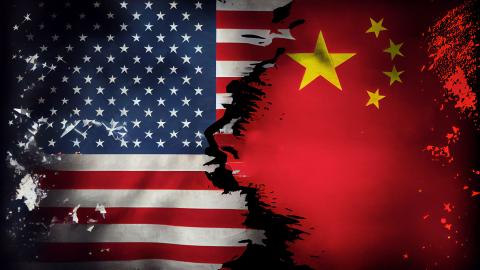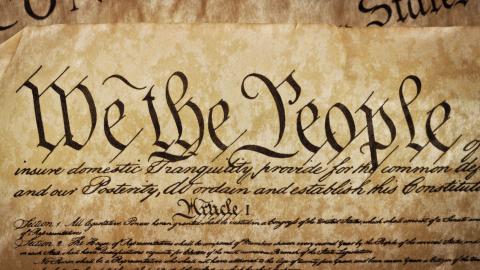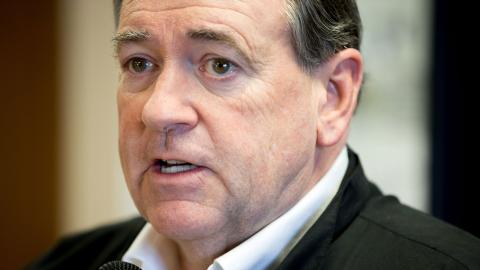Biden Walks India Tightrope During Modi's US Visit
President Biden and Congress are rolling out the red carpet for India's Prime Minister Narendra Modi, highlighting the administration's desire to build a strong relationship with the world's most populous nation and democracy. But there are concerns about his tendency toward authoritarianism and human rights abuses.
It's a global realignment. The prime minister of the world's largest democracy is received with an Oval Office visit and a state dinner. An address to a joint session of Congress is also on the agenda.
Elaine Dezenski, senior director of the Center on Economic and Financial Power at the Foundation for Defense of Democracies, explained what is at stake.
"The U.S., of course, is looking to counter the influence of China economically, but also their encroaching activities around the world, particularly in the global south. And Prime Minister Modi really wants to be a leader on the global stage," she said.
India ranks number five in global military strength. The U.S. hopes to rely on the country to counter China's dominance not only in Indo-China but also in the event of war over Taiwan.
India is also becoming an economic powerhouse. Trade with the U.S. hit an all-time high of nearly $200 billion last year. And with a labor force of half a billion people, corporate executives like Tesla's Elon Musk are looking to expand business opportunities in the country.
Of concern for the United States is India's relationship with Russia and its silence on Russian actions in Ukraine.
"Right now, I would describe the relationship between India and Russia as something that's highly pragmatic, at least on the Indian side," Dezenski explained. "It's really around defense and procurement of cheap Russian oil."
But of greater concern for human rights activists is Modi's record of targeting religious minorities like Muslims and Christians.
Last month, ethnic tensions in India's Manipur State led to attacks against Christians, leaving at least 70 dead, thousands of people homeless, and hundreds of churches burned.
David Curry, CEO and president of Global Christian Relief, believes it's part of a pattern of behavior encouraged by the Modi government.
"The attacks have really been driven, it's been an escalation by I think the central government, the BJP Party which has made being a Christian something that is not being a part of India. It seems as though their message is, if you're not a Hindu, you're not a real Indian," he said.
The U.S. Commission on International Religious Freedom (USCIRF) is urging President Biden to raise the issue during his meeting with Modi, and the American Center for Law and Justice sent a letter asking the president to tell Modi to stop the violence against Christians.
The Biden administration faces a bit of a dilemma: balancing America's strategic need for closer military and economic ties with India, while at the same time taking action against a prime minister who is ranked as one of the worst persecutors of Christians and other religious minorities in the world.




